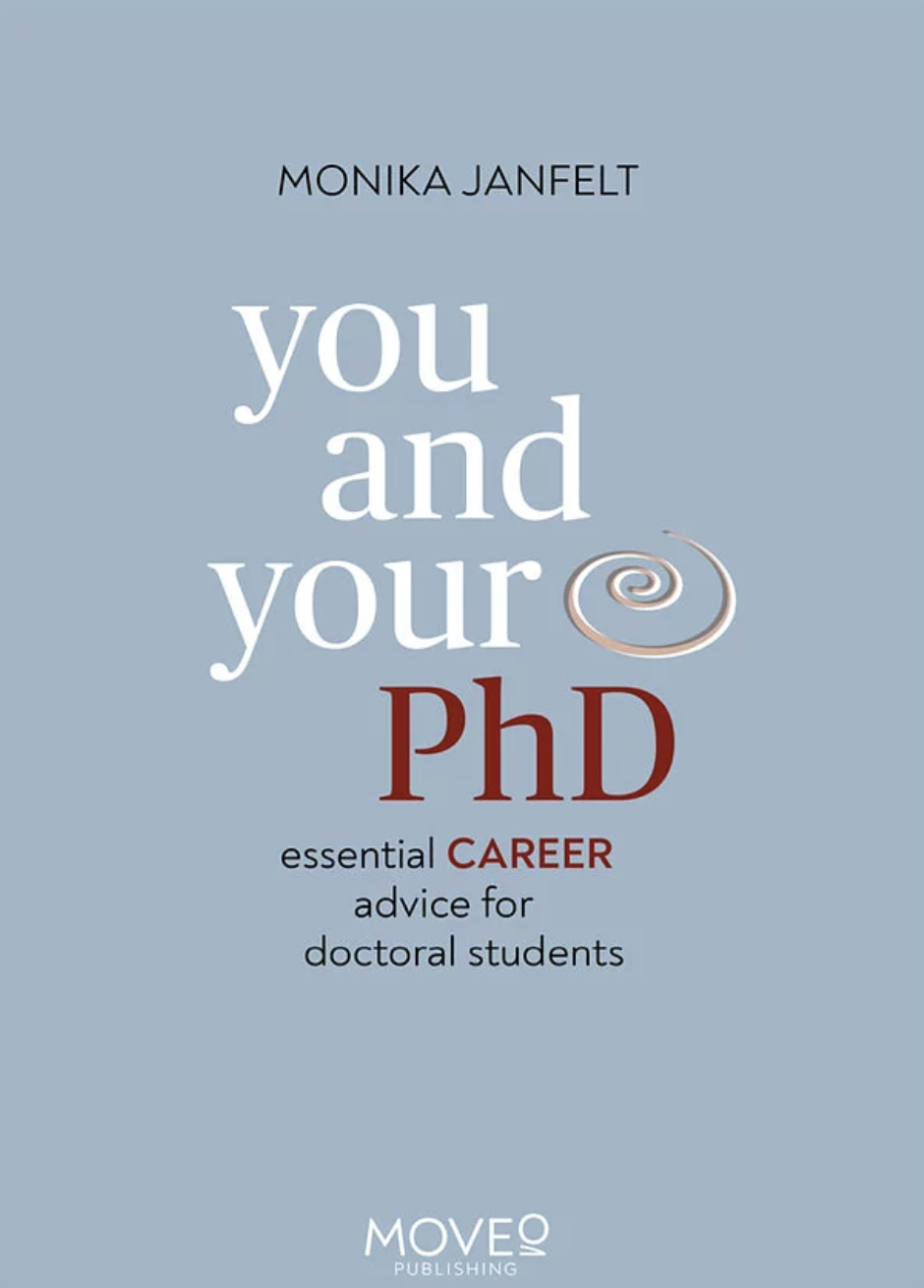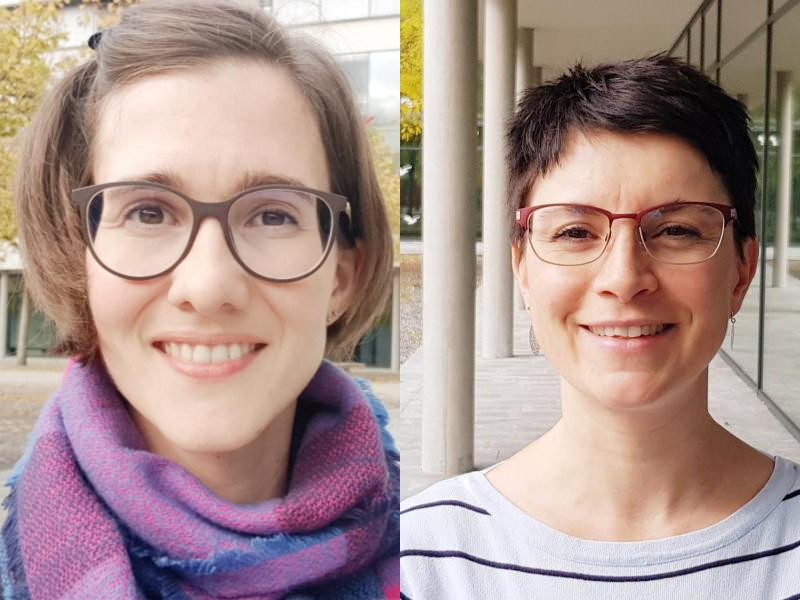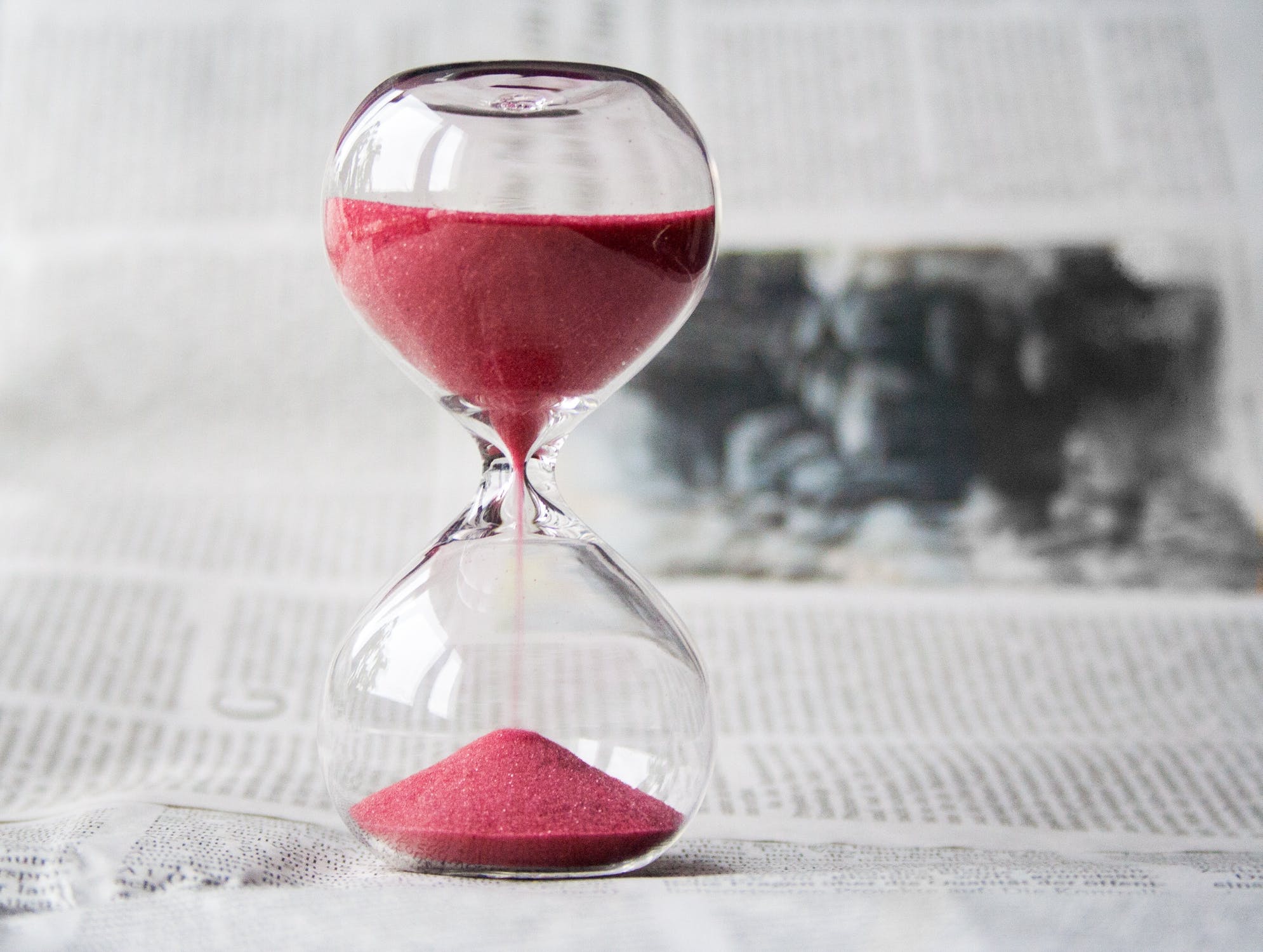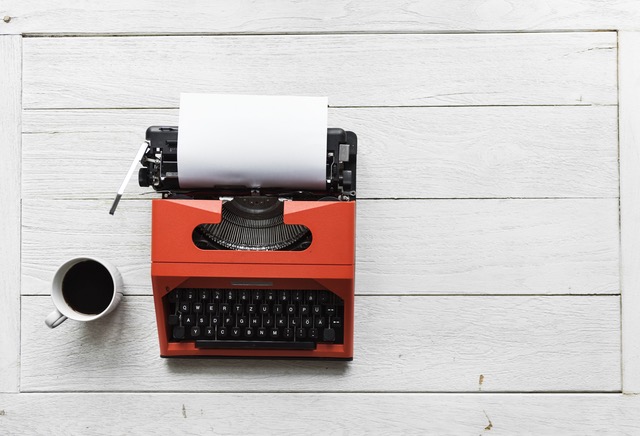 Time and timing in doctoral education: Thoughts from the 2022 EUA-CDE Annual Meeting
Time and timing in doctoral education: Thoughts from the 2022 EUA-CDE Annual Meeting
The 15th Annual Meeting of the Council for Doctoral Education of the European University Association (EUA-CDE) was held at Manchester last June. This conference addressed the question of time and timing in the thesis, and took a close look at this key issue for doctoral education. The CUSO team had the chance to attend this Annual Meeting and we would like to take the opportunity to share with you some thoughts we took back with us.

 Word from Kilian Winz, representative of the doctoral students
Word from Kilian Winz, representative of the doctoral students
My dear fellow doctoral students,
You first elected me in 2018 to represent you on the CUSO Coordination and Management Commission before re-electing me in 2020 for a second term. As I am about to complete my PhD thesis this summer, I will not be seeking re-election. I would like to take this opportunity to say a few words to express my gratitude for the four years I have spent defending our interests.

 "You and your Phd" by Monika Janfelt: ten lessons to remember
"You and your Phd" by Monika Janfelt: ten lessons to remember
At the beginning of the year we launched a survey among the CUSO PhD community to better build our offer. In order to encourage as many responses as possible, those who completed the survey had the opportunity to win (by drawing lots) a copy of « You and Your Phd », the recent book by Monika Janfelt (www.moveonordic.com) about career preparation for doctoral students.

 Enhancing the doctoral journey – an asset for success! [invited post]
Enhancing the doctoral journey – an asset for success! [invited post]
We are pleased to welcome Colette Niclasse and Marie Lambert, from the University of Fribourg, for a guest post on the supervision relationship in the doctoral process. Welcome and warm thanks to them for their contribution!
Under what conditions can a thesis be successfully completed? What are the individual characteristics and contextual factors that come into play? How, as a doctoral student, can I learn and progress in this demanding journey? How can I manage the instability and hazards inherent in any research project, while preserving my physical and psychological well-being? A good supervisory relationship is essential, and there are ways to ensure this!

 Time Management Tips for Your PhD
Time Management Tips for Your PhD
During a PhD, time always feels scarce and the days seem to fly by pretty quickly. Combining this with the pressure of the number of things you have to accomplish, the need to achieve a high standard and perhaps a certain lack of clear guidance, you may easily feel stressed. Moreover, completing a PhD is usually an individual process where your progress mostly depends on your own motivation and your organizational skills. For sure, having good time management strategies can be vital and may help reduce anxieties. Time management is all about to make the most efficient and effective use of the time you have, and allows you to deal with your duties, to meet deadlines, and to progress towards achieving your private and professional goals.

 Tips for Conquering the Blank Page when Writing your Thesis
Tips for Conquering the Blank Page when Writing your Thesis
Staying in front of the blank page and its blinking cursor for minutes, hours or days… or drafting only a little paragraph in an entire day because you erase and rewrite every sentence you type out. Which early stage researcher has not been confronted with these problems? Publishing quality research papers effectively is certainly one of the keys to a successful academic career. However, most researchers begin without any formal teaching, causing thesis writing to be often stressful and inefficient…

 Physical and Mental Well-being in Times of Pandemic and Thesis
Physical and Mental Well-being in Times of Pandemic and Thesis
Containment is not new to doctoral students, as Mathilde Maillard and Mathieu Rouault note. In particular, working on a thesis in the humanities and social sciences involves overwhelming but necessary phases of confinement, involving social isolation and lack of physical activity.
 Tips for PhDs on working from home
Tips for PhDs on working from home
The Covid-19 pandemic has created unprecedented situation throughout the world, but also within the academic sphere. As universities have closed, researchers are now dislocated and a lot of PhD students are currently experiencing a transition to working from home, far from their office, their lab or their library. The anxiety of this exceptional situation is compounded by personal concerns: coping and supporting family and friends who are ill or at-risk, taking care of children during school closures or fighting feelings of social isolation. This article tries to provide some tips for PhD students to help them to alleviate pressure, organize the transition to working from home and maintain mental wellness.



 Blog en français
Blog en français